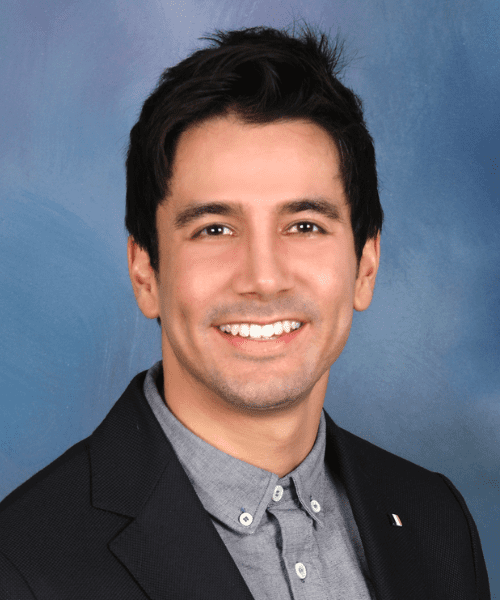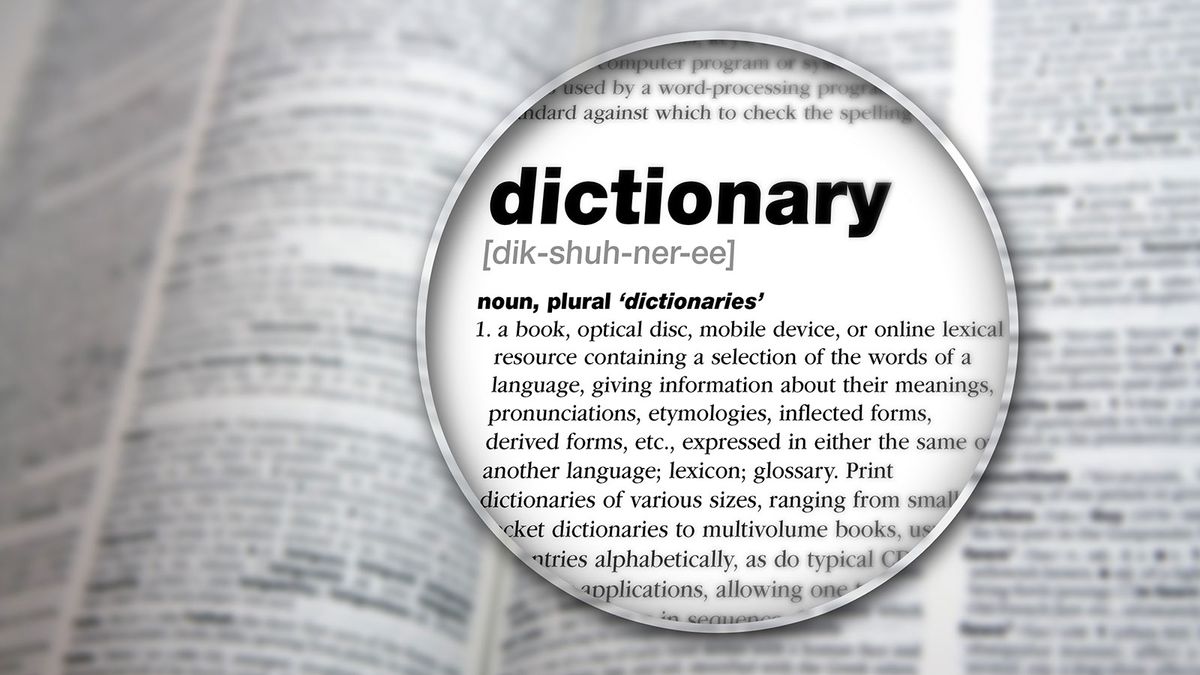
INC 500-Ranked Global Translation Company Expands to India, China and Australia
Irvine, CA – July 21, 2022 – The Spanish Group, an INC. 5000-ranked global translation service company offering expert, certified language translations in over 90 languages, has expanded its services to Australia, China and India, bringing the total number of countries The Spanish Group serves to 35.
“Our mission is to help build connections and create understanding through accurate, expert language translation services,” said The Spanish Group CEO Salvador Ordorica. “We are delighted about the fact that we have created rapid global growth through our commitment to excellence in language translations, and we are now serving 35 countries, including China, India, and Australia.”
In addition to working with translators who have a deep cultural understanding of China, India and Australia, The Spanish Group has also ensured a depth of proficiency by providing translation services for languages in high demand by businesses and consumers in these countries, including: Chinese Mandarin (as well as various dialects), Tagalog (Philippines), Vietnamese, and multiple African languages, including Swahili, Yoruba and more.
The Spanish Group have differentiated themselves from other language translation services through their commitment to quality, expertise in key industries requiring specialized translation services and expert, certified translators with native language expertise for the countries they serve. Translation services are offered online and delivered translations are certified, cost-effective and swiftly-produced.
The Spanish Group has earned particular recognition and success for its performance in translation areas such as legal, human resources, manufacturing and other industries, which they have achieved by working with experienced and specialized professionals with certified language proficiency.
About The Spanish Group
Founded in 2013 by CEO Salvador Ordorica, The Spanish Group is an internationally recognized certified translation service offering over 90 languages and unparalleled translation accuracy, localization, cost effectiveness, and efficiency. The Spanish Group’s mission is to further promote understanding and connectivity through language.
The Spanish Group sets itself apart by working with certified, professionally trained linguists all over the globe who are native speakers and deeply experienced specialists in a variety of fields.
Grit Daily News is the premier startup news hub. It is the top news source on Millennial and Gen Z startups — from fashion, tech, influencers, entrepreneurship, and funding. Based in New York, our team is global and brings with it over 400 years of combined reporting experience.




